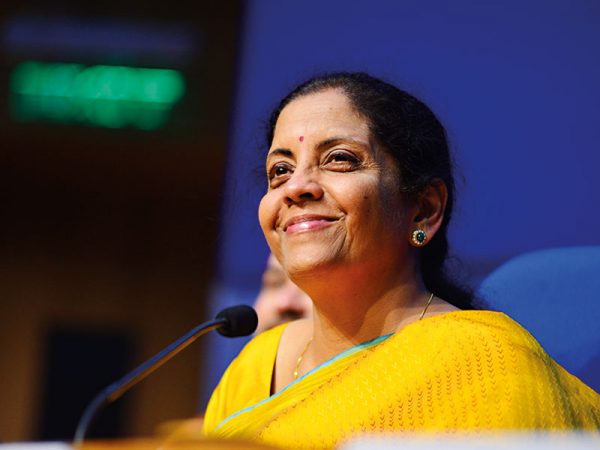The Union Finance Minister Nirmala Sitharaman announced the union Budget 20220 today, however, the gory details of the budget are yet to come but the announcement includes positive news for the EV ecosystem.
In her announcement, Sitharaman mentioned that a special policy for battery swapping for EVs will be announced. The FM also stated that “interoperability standards will be formulated” which means a uniform standard for EV batteries could be introduced, which will be adhered to by all EV brands.
We are commencing towards the advanced age and Electric vehicles (EVs)are truly becoming part and parcel of our lives. A massive boost in the sales of 2021 shows positive adoption of EVs in the country. In 2021, 3,29,190 electric vehicles were sold in India, representing a 168 per cent increase over last year’s sales of 1,22,607 units.
With a market share of 90%, the 2-Wheelers and low-speed L3 Category 3-Wheelers are the most popular electric vehicles. This seems in sync with the decision of the government to bring out a battery swapping policy for electric vehicles in the country as announced by the FM.
While battery swapping is supposedly a lengthy job for car owners, it certainly makes very good sense for two-wheelers and even three-wheeler owners. Battery swapping will help convert the most expensive component in the EV – the battery – into an operational cost thus significantly reducing the price of the vehicle and also making it at par with the fossil fuel siblings.
Battery swapping is easy on the pocket as the estimated cost of a battery swapping station is Rs. 8-9 lakh excluding the battery costs. A policy on battery swapping will help in the wide-scale adoption of batteries as a service. This will reduce upfront ownership costs of electric vehicles and link that cost to vehicle running. Since the cost of running electric vehicles is cheaper, the overall running cost with battery service will work out to be very economical.

















